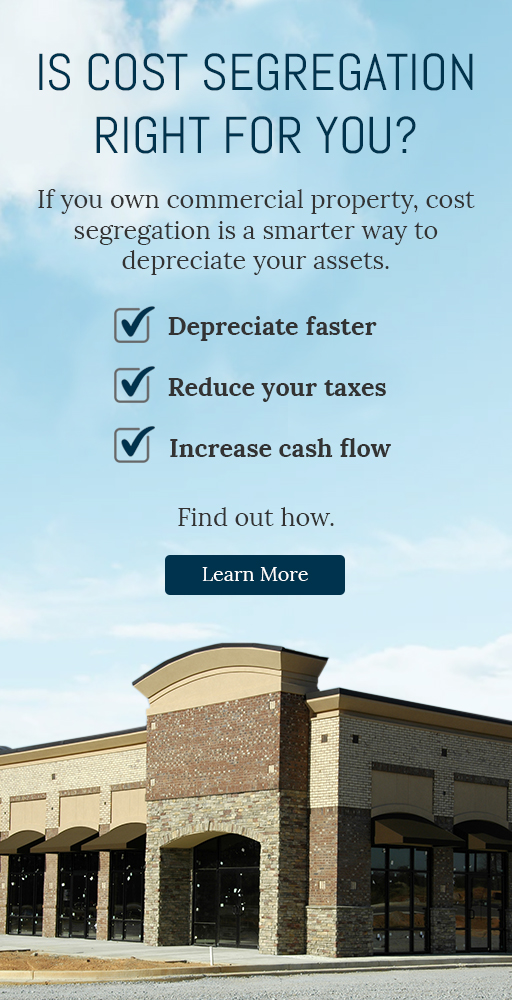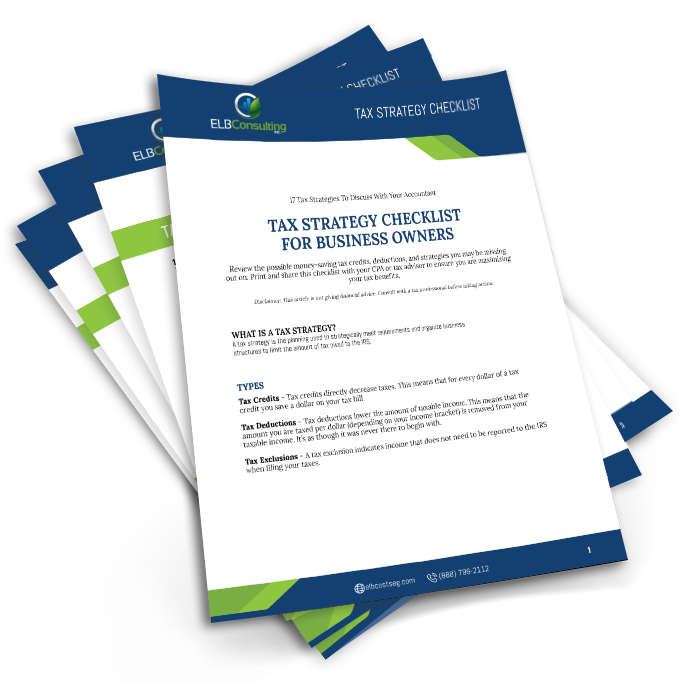Unless you are immersed in this next technology wave, it can seem overwhelming and perhaps a bit scary too.
What is Big Data?
As found on Wikipedia, Big Data is defined by these characteristics; Volume, Variety, Velocity, Variability, Veracity and Complexity, and goes into more detail on each item. The Internet of Things (IoT) is defined as: the network of physical objects or “things” embedded with electronics, software, sensors and connectivity to enable it to achieve greater value and service by exchanging data with the manufacturer, operator and other connected devices.
History tells us when the impact of new technology is significant, it comes with an entirely new vocabulary, jargon and business vernacular to illustrate what didn’t really exist a few years back. This might be validated by the abundant posts to the Big Data/Pulse category on LinkedIn. These posts tend to evangelize and/or decry various aspects from business analytics, streamlined efficiency, pin-point target marketing, medical research, solving crime, risk management, wearables, telematics, cloud computing, data officers & scientists, identity theft, data privacy (or loss of), etc. One thing we can be sure of is that big data is here to stay and grow, exponentially.
Google’s executive chairman Eric Schmidt brings it to a point: “From the dawn of civilization until 2003, humankind generated five exabytes of data. Now we produce five exabytes every two days…and the pace is accelerating.”
Author Bernard Marr just published a LinkedIn post discussing 25 eye opening facts about Big Data, and how it is changing the world as we know it. A few of his facts are:
- The boom of the Internet of Things will mean that the amount of devices that connect to the Internet will rise from about 13 billion today to 50 billion by 2020. [Source]
- 12 million RFID tags – used to capture data and track movement of objects in the physical world – had been sold in by 2011. By 2021, it is estimated that number will have risen to 209 billion as the Internet of Things takes off. [Source]
- The big data industry is expected to grow from US $10.2 billion in 2013 to about US $54.3 billion by 2017.
Big Data’s Relation to Commercial Real Estate Performance?
Big Data and the Internet of Things will continue to challenge how building systems are operated to increase efficiency and move “deeper into the green”, from a sustainability and financial perspective.
The many technological components, sensors, robotics, and building automation systems available today have created “smart buildings” that rival The Jetsons technology (minus the flying cars).
Implementation of these innovations and decision tools to analyze real-time data output enables operators and occupiers to operate these corporate real estate assets more efficiently, achieve corporate financial goals, and sustain the environment.
The sensors available today, whether installed in new construction or in legacy buildings, continually monitor and measure interior and exterior lighting, water usage, HVAC, tenant air quality, machinery, waste/sanitation, and more. Armed with this information the on-site facilities manager can continue to streamline the assets efficiency, while corporate executives can analyze the entire portfolio of commercial real estate to determine how each building, region or otherwise ranks against its asset class peer group.
At the building level, this real-time data easily identifies trends and anomalies that may need to be rectified, delivering tremendous benefit to preempt questions and solve problems that might otherwise go unanswered until noticed elsewhere. For example, without this monitoring anomalies and system errors may be overlooked for one, maybe two billing cycles before being recognized by accounts payable. Adoption of these analytic tools produce informed decisions, that can improve energy efficiency and overall resource performance, which in turn reduces operating expenses and waste.
By effectively leveraging the available building automation systems and installing additional consumption usage level sensors (not little red sneakers), it becomes easy to engage a process of continuous improvement through Six Sigma, Lean or another method that will continuously refine and optimize building performance.
Data Analysis at a Corporate Level
At the corporate level, sophisticated Business Intelligence (BI) tools offer another level of vast data analysis, providing visual dashboards and decision tool metrics that quickly and easily inform the executive teams the performance characteristics of not just on one building or region, but on the entire portfolio of corporate (and perhaps global) real estate. Beyond corporate assessment, tremendous benefit is realized through BI tools by enabling the aggregation of portfolio data, along with any other data tables or metrics you may need to engage forensic analysis for both strategic and tactical decisions.
Embrace Big Data and the Internet-of-Things which can preempt operational questions in order to improve commercial real estate performance, generate solid financial returns, and improve the environment.
Mix in a Business Intelligence (BI) platform with the innumerable data available and collected on just about anything, revealing the simplicity and breadth of your data analysis capabilities at your fingertips.
You may be missing out on tax benefits.
Own commercial property?
We can help you find smarter ways to depreciate your property and reduce your taxes. Tell us about yourself and we’ll see how much you could be saving.




